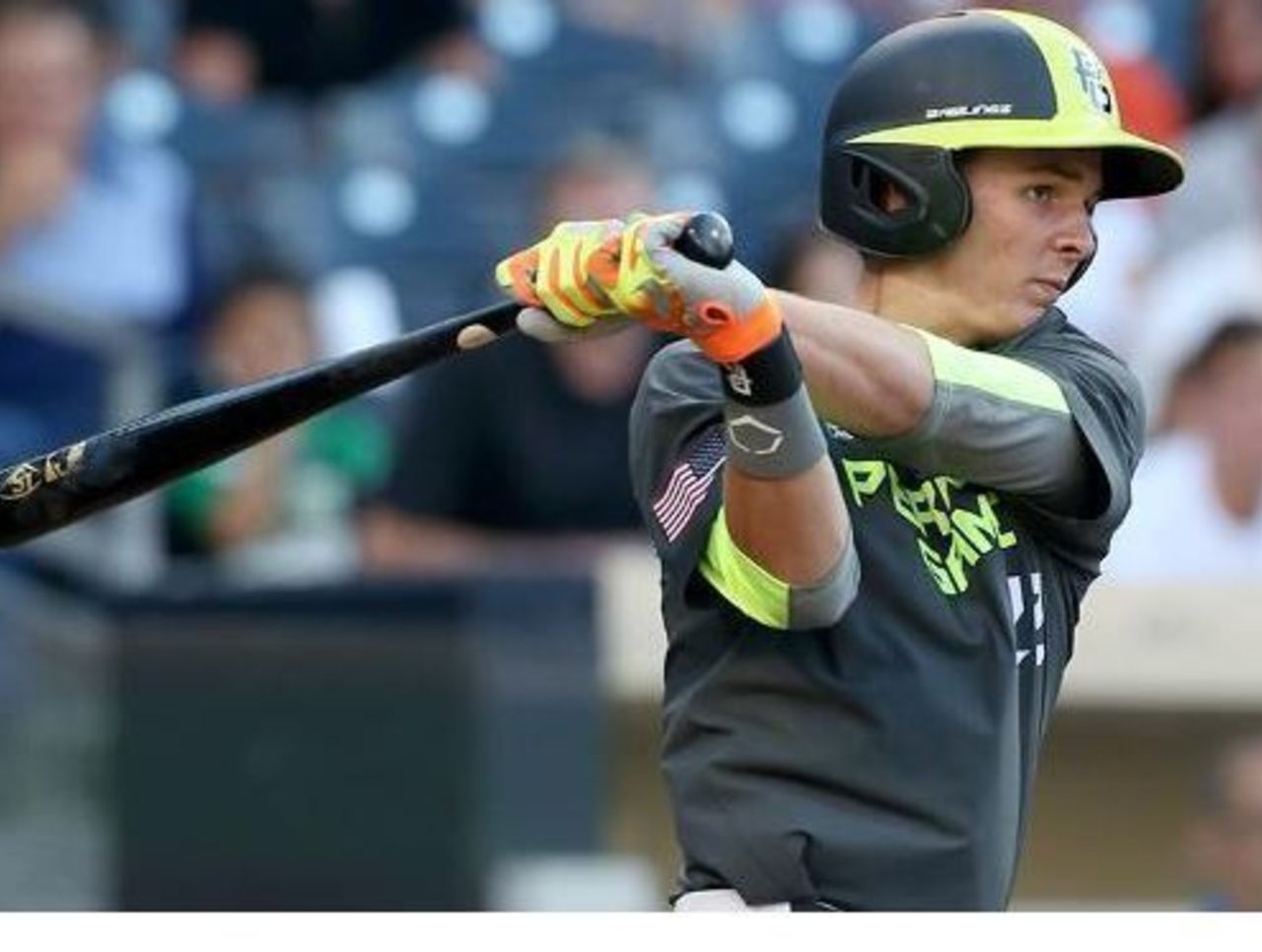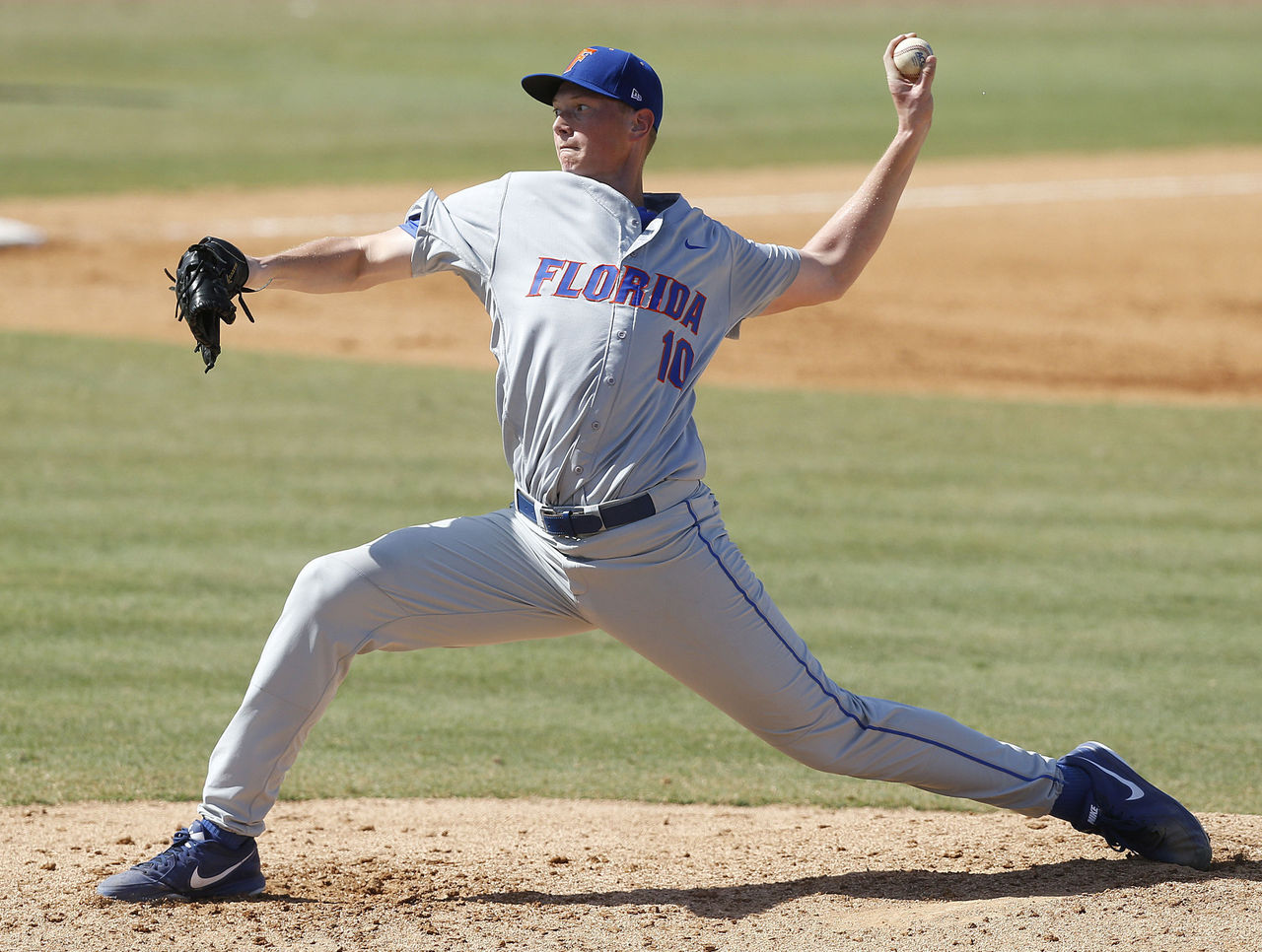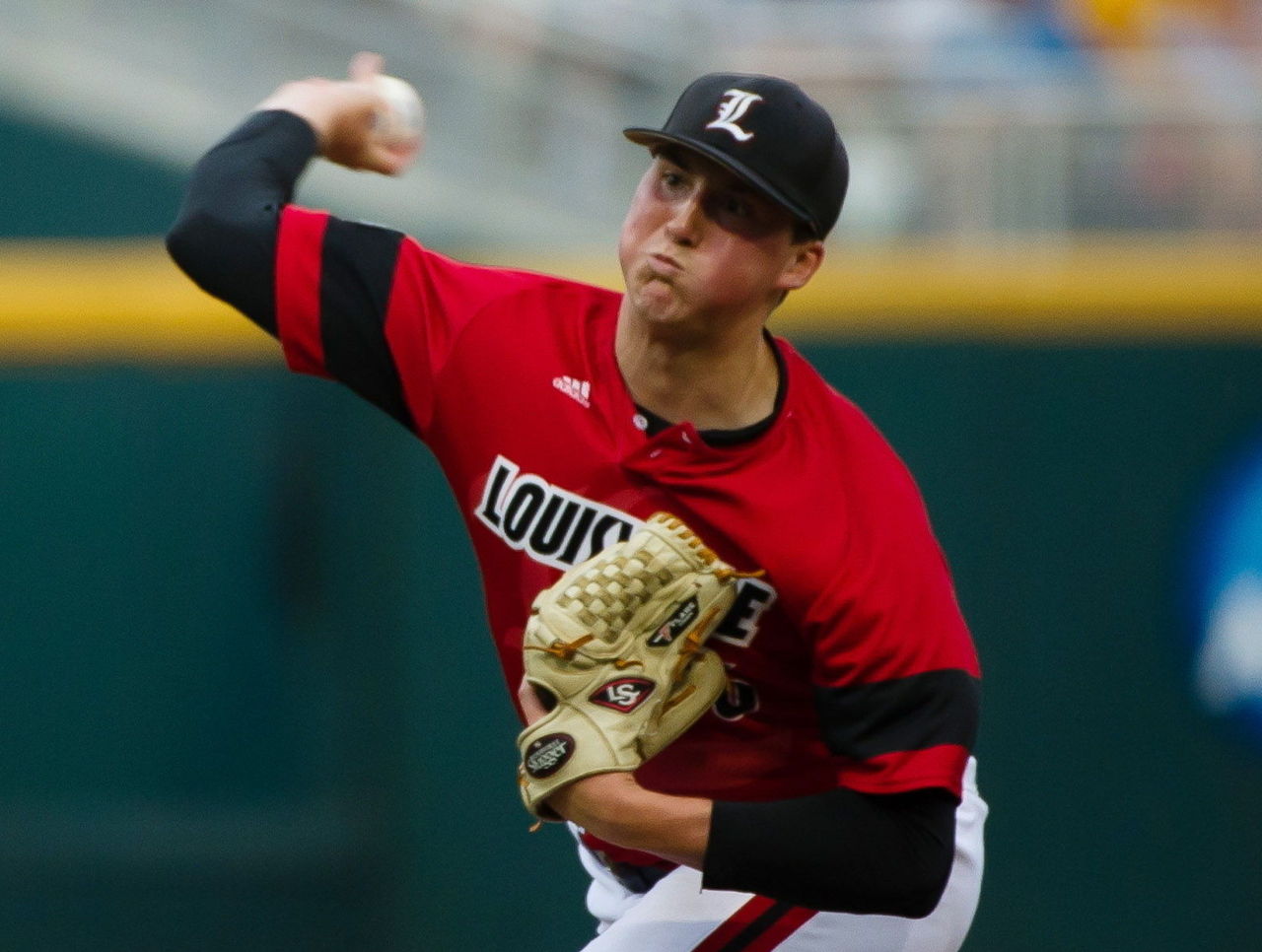Winners and losers from the 2016 MLB Draft

It can take years - even a decade in some cases - before major-league teams have seen enough of their draft pick to decide whether they made a mistake or not. Take the defending champion Kansas City Royals for instance.
Back in 2007, the Royals made high school third baseman Mike Moustakas the second overall pick behind Vanderbilt ace David Price. A year later, Kansas City fortified its corner infield of the future by selecting prep star Eric Hosmer, a first baseman from Florida, with the third pick in 2008. Like most high schooler draftees, the pair plied their trade for several years in the minors before battling ups and downs for another half-decade at the major-league level.
It wasn't until 2015, Hosmer and Moustakas' age-25 and 26 seasons, respectively, that the Royals' duo compiled arguably the best years of their young careers.
All that's to say is assigning winner and loser labels to teams and their draft picks - mere hours after the selections, no less - is an exercise in futility. We'll try anyways. With the 2016 MLB Draft coming to a close Saturday, here's who we think did well and who could have done better:
Winners
Philadelphia Phillies

The Phillies kept everyone in suspense leading up to the draft, and after opting for high school sensation Mickey Moniak instead of college lefty A.J. Puk, we’ll have to wait even longer before we find out whether their No. 1 pick will fall in this camp or this one. For now, though, Phillies fans can get excited by a player who has ties to baseball royalty, makes catches like Hall of Famers, and whose idol is a throwback to legends of yesteryear. The ingredients are there for this to be a historic pick, even if we won’t know until the next decade.
Boston Red Sox
Signability is always a concern for teams, especially when negotiating with prep talent. The Red Sox can’t relate. Dave Dombrowski and his scouting department made a splash during Thursday’s first round when Boston opted for the best player available at No. 12 by selecting high school phenom Jason Groome. The Red Sox, already blessed with one of the top farm systems in baseball and buoyed by a talented group of youngsters at the major-league level, dismissed makeup and signing-bonus concerns with Groome and scooped up the 6-foot-6 lefty, considered by many to possess the most upside of anyone in the draft.
Oakland Athletics

Six spots before the Red Sox gambled on Groome, the A's took a more cautious approach at No. 6, opting for Puk, arguably the most accomplished pitcher in the draft. The 6-foot-7 lefty out of Florida, who pitched his Gators into the Super Regionals after fanning 95 batters in 70 innings, fell to sixth overall despite being among several options the Phillies were said to be considering at No. 1. Why Puk slid to the A’s has been the source of much speculation, with reasons ranging from control issues to concerns over his back, and even a 2015 incident in which he was charged with misdemeanour trespassing. Whatever the reason, the Athletics are a clear winner here, having replenished their picked apart farm system with a pitcher considered close to major-league ready.
Losers
Kyle Funkhouser
Kyle Funkhouser’s decision to return to Louisville was a costly one after the big right-hander watched his draft stock drop 80 spots from last year when the Detroit Tigers made him their fourth-round pick Friday. A year ago this month, Funkhouser elected against signing with the Dodgers after being selected 35th overall, and instead returned to Louisville where he pitched inconsistently for the Cardinals. That loyalty came at a cost: Funkhouser was eligible for a $1.756 million signing bonus with the Dodgers a year ago, but will now have to settle for an assigned slot value of $429,000 for the 115th pick overall.

Devlin Perez
Some might argue the St. Louis Cardinals are the losers after walking into a controversial pick they didn’t have to make, but truth be told they just secured a top-10 talent with the 23rd overall pick. Perez, a slick-fielding shortstop out of Puerto Rico, tested positive for an undisclosed PED prior to the draft and saw his stock plunge all the way to the end of the first round. As recent as late May, ESPN’s Keith Law had the Brewers selecting Perez at No. 5, a spot that allotted a signing bonus of $4,382,200. That failed PED test could cost Perez more than $2 million, as the Cardinals will have about $2.2 million to spend on the pick unless they opt to sign the embattled shortstop over slot.